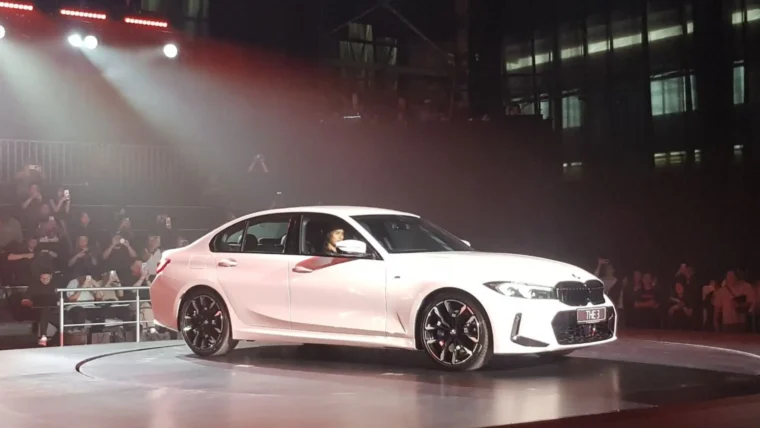
McLaren has announced a strategic project partnership with BMW to design and develop technology for its next generation of powertrains.
The project will develop new combustion technology that will deliver a higher output per capacity than currently possible. It also aims to further reduce CO2 while simultaneously increasing engine output at the same time. McLaren expects the technology to be implemented in a McLaren engine by 2020, reports Autocar.
The project, supported and part-funded by UK Government through the Advanced Propulsion Centre (APC), will also improve the UK’s development and production capabilities of low-CO2 internal combustion engine technology.
The project will be led by McLaren Automotive but involves a total of 6 partners. Along with BMW, McLaren will work with its existing engine manufacturing partner, Ricardo, while Grainger and Worrall will deliver complex, lightweight casting technology. Lentus Composites will contribute knowledge in specialist composite structures, while the University of Bath will bring their advanced research and development capabilities in internal combustion engine systems efficiency.
Commenting on the collaboration, Chief Executive Officer of McLaren Automotive, Mike Flewitt, said, “This is an exciting project that plays to the strengths of all partners. McLaren Automotive has an exceptional reputation for building the world’s finest engines, as showcased by our M838T and its previous category wins in the International Engine of the Year awards. We will continue to independently design and build our own engines, and the benefits of this project will help us accelerate the development of our next generation of powertrain, as confirmed in our recently-announced Track22 business plan.”
There are no details of what exactly McLaren and BMW plan to produce yet but the collaboration between the two companies brings us hope that there’s something very special in store for us. The last time the two automakers collaborated was in the 1990s when McLaren commissioned BMW to create an engine for its F1 hypercar.
Other posts by AF Newsdesk







